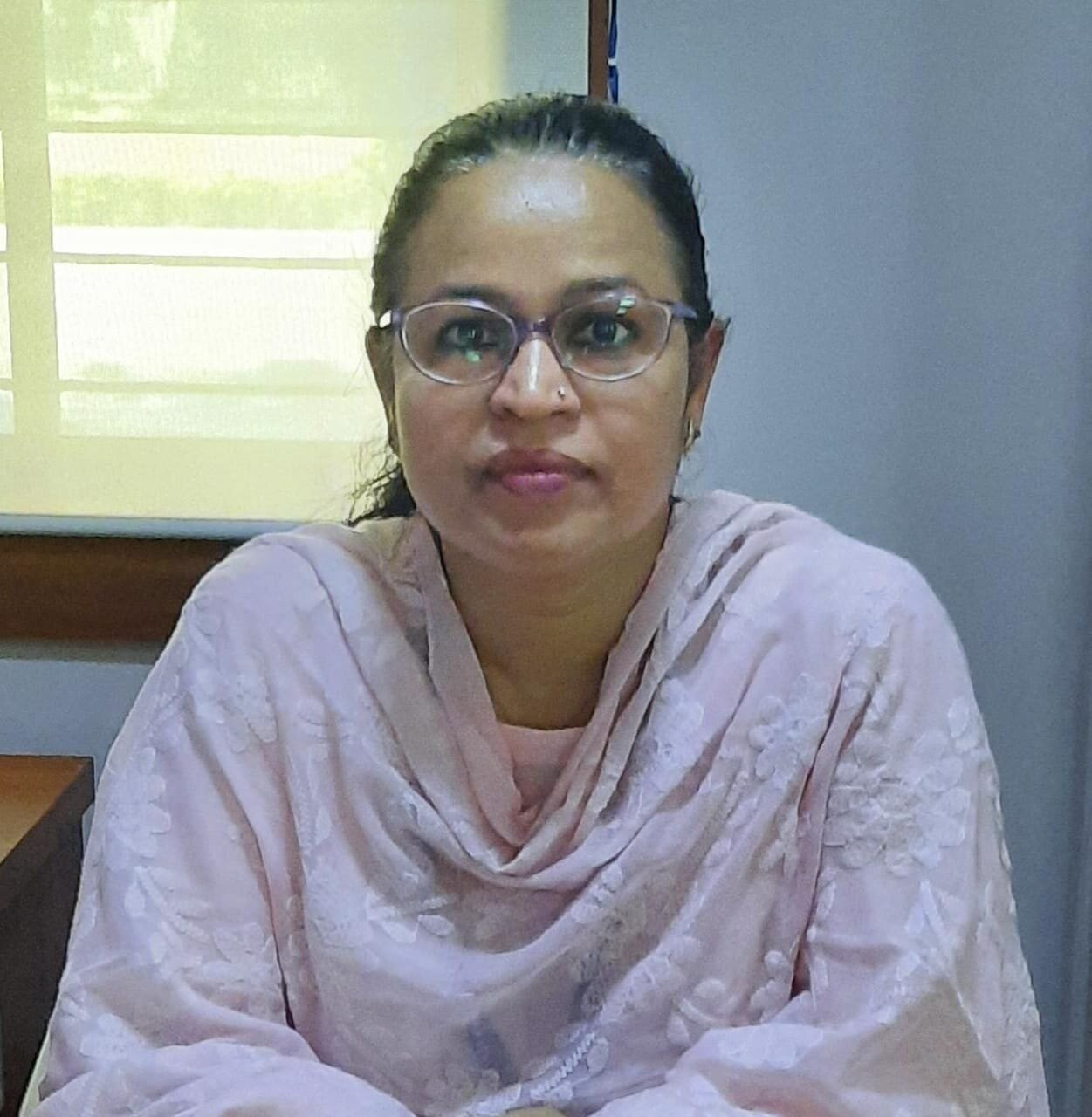About Department
The Department of Computer Science and Engineering was established in IES College of Technology in the year 2007 and BE degree course for 4 years was started under affiliation from Rajiv Gandhi Technical University, Bhopal. Seeing overwhelming response from students due to outstanding results achieved by the Department, college introduced M.Tech. degree courses in Computer Science & Engineering in 2011 The department is one of the pioneer departments in the college. The long list of achievements include organization of research conferences, programming contests, personal accomplishment attained by the students etc. The achievements are imprint of efficiency and dedication of the department towards achieving higher standard of education and organizational goals. The Department has an organizational structure that can respond dynamically to the evolution in Information technology, and its research fields are closely related. The Department of Computer Science and Engineering is unique and it promotes wide range of research on Information and Intelligence Technology, basic and applied technology etc.


